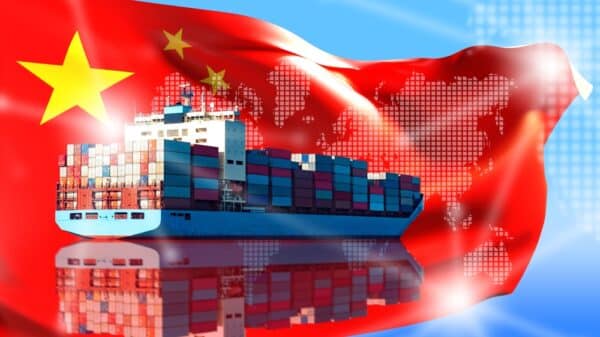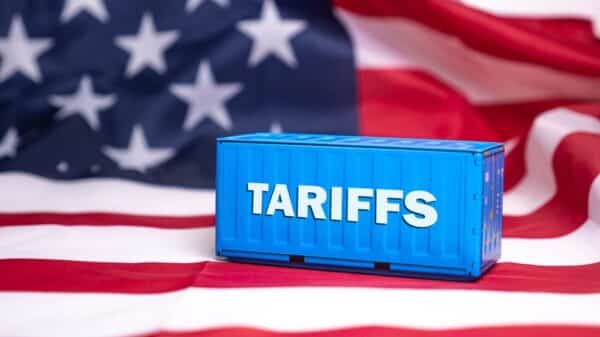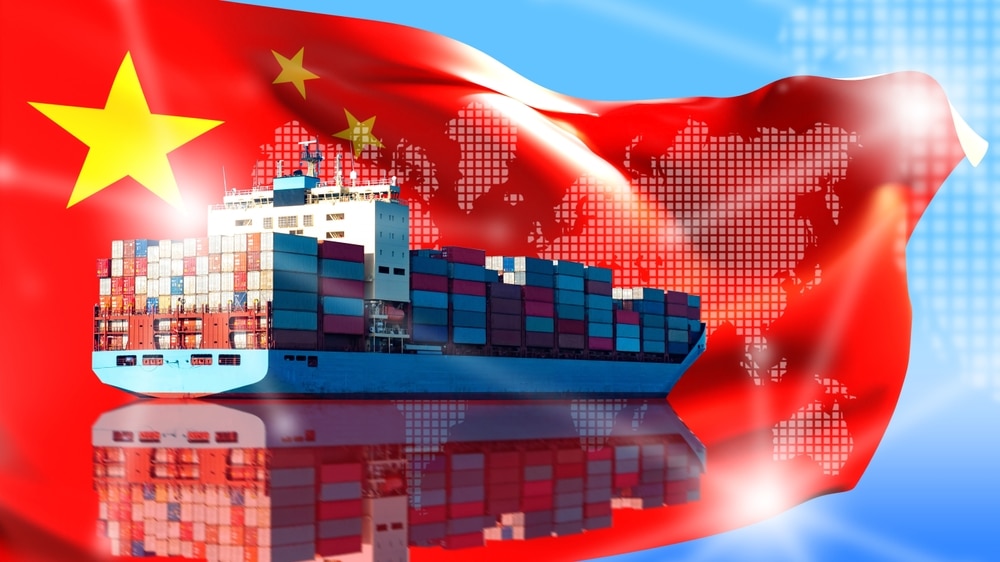China’s escalating tensions with the United States over tariffs have entered a new chapter. On Monday, Beijing didn’t mince words when it accused Washington of abusing its power through punitive tariffs, and it warned other countries to tread lightly if they consider forging economic agreements that put China at a disadvantage. This confrontation isn’t just a diplomatic spat; it’s a jagged fault line that could shake the foundations of the global economy, and we’re all feeling the tremors.
The heart of the matter revolves around the ongoing trade war between these two mammoth economies. China’s Ministry of Commerce vehemently stated that it will oppose any deal made at its expense, asserting that it would respond with “resolute and reciprocal” countermeasures. It’s a fiery declaration that illustrates just how serious the situation has become. The Chinese government appears to be rallying its allies while simultaneously hinting at the measures it might take against those who collaborate with the U.S. in its efforts.
This tension follows a Bloomberg report indicating that the Trump administration is pressuring countries to cut trade ties with China, emphasizing U.S. monetary sanctions. The implications of this approach are immense, potentially isolating nations that rely deeply on Chinese trade, infrastructure, and technology. In fact, as Bo Zhengyuan from the China-based policy consultancy Plenum highlighted, many countries, especially in Southeast Asia, are in no rush to heed U.S. demands — their economic lifelines intertwine significantly with China.
As the situation unfolds, we’ve seen Washington imposing some heavy tariffs on Chinese imports, with the current levies reaching a staggering 145%. In response, China has retaliated with its own tariffs of 125% on U.S. goods—a clear indication of the spiraling retaliatory cycle both nations have entered. The tension is palpable, and financial markets are on edge, with fears of a major disruption in global trade lurking around every corner. Investors can feel it, and perhaps you can too—the uncertainty is thick in the air, igniting concern that we could be heading toward a global recession.
Earlier this month, U.S. Trade Representative Jamieson Greer revealed that nearly 50 nations have approached him regarding the steep tariffs, indicating that this conflict isn’t just bilateral—it has the potential to affect global alliances and economies. Japan is considering adjustments to its agricultural imports from the U.S., while countries like Indonesia are pondering increasing their imports from America and pulling back from trade with other nations. These decisions are high-stakes; they illustrate how trade policies can ripple through global markets, leaving countless people caught in the crossfire.
In a bid to shore up regional support, Chinese President Xi Jinping recently visited three Southeast Asian countries, a clear strategy to foster unity among trading partners in these tumultuous times. He issued a call for support against what he described as unilateral bullying—a direct strike against the U.S. tariffs that have dominated the trade discussions. China is portraying itself as a cooperative partner, eager to expand its circle of trading friends while standing resilient against perceived aggression.
This trade conflict has direct implications for Southeast Asian nations, which find themselves balancing economic ties with China and the U.S. The ASEAN bloc, a major player in this narrative, has significant trading relationships with both superpowers. In the first quarter of 2025 alone, trade between the ASEAN countries and China reached $234 billion. Meanwhile, trade between ASEAN and the U.S. totaled around $476.8 billion last year, establishing the U.S. as one of the region’s crucial economic partners.
In light of this ongoing geopolitical tug-of-war, President Xi stressed that trade wars yield no winners, casting a shadow over the optimistic narratives often spun around economic competition. There’s a shared sentiment among many that the stakes are high, and the stakes are personal. Whether you’re a business owner trying to navigate rising tariffs, a worker in an industry affected by international trade policies, or a consumer anxious about price increases on everyday goods, each of us feels the implications of these policies in our pocketbooks and our livelihoods.
As these events unfold, one thing is clear: we are living in a time when the economic landscape is shifting beneath our feet, and the consequences could shape our global community for years to come. The conversations around these issues matter—because they aren’t just about numbers on a balance sheet; they’re about people, families, and futures intertwined in an increasingly complex global narrative.
Image Source: FOTOGRIN / Shutterstock





























